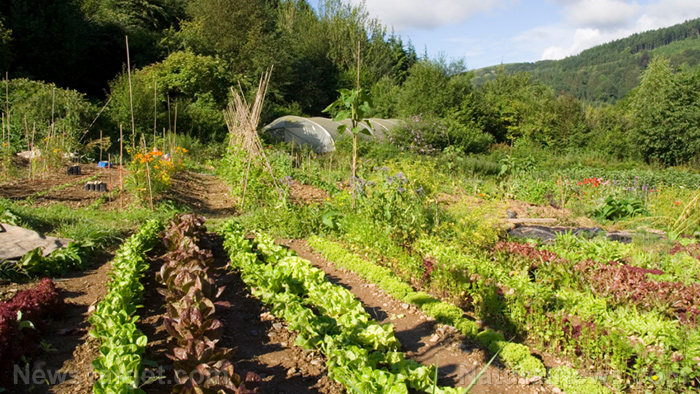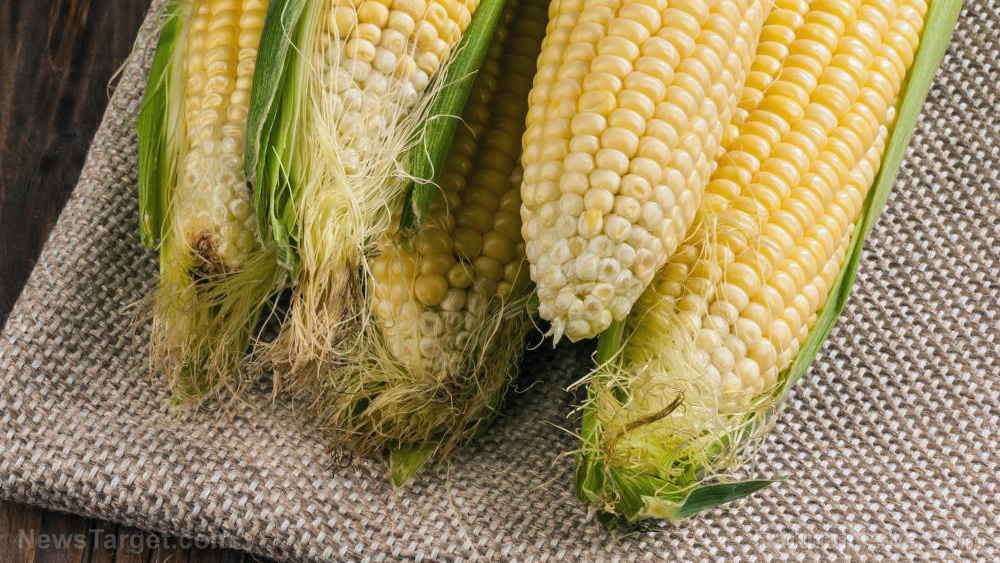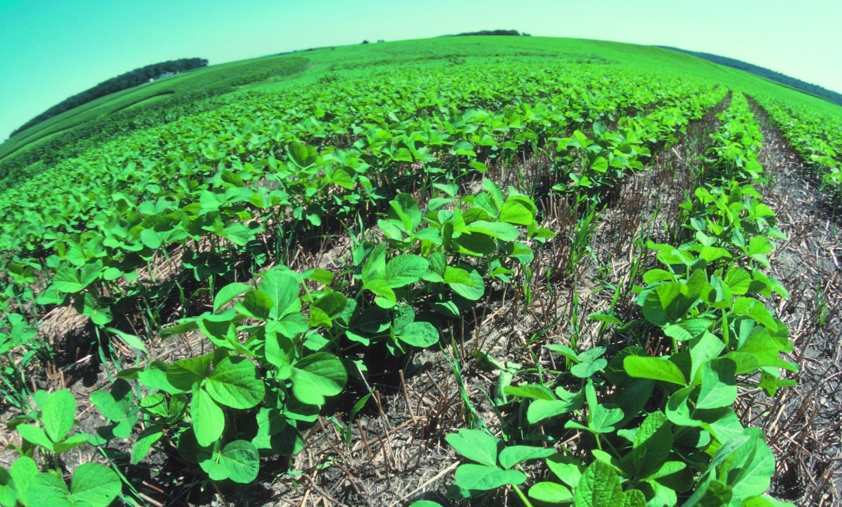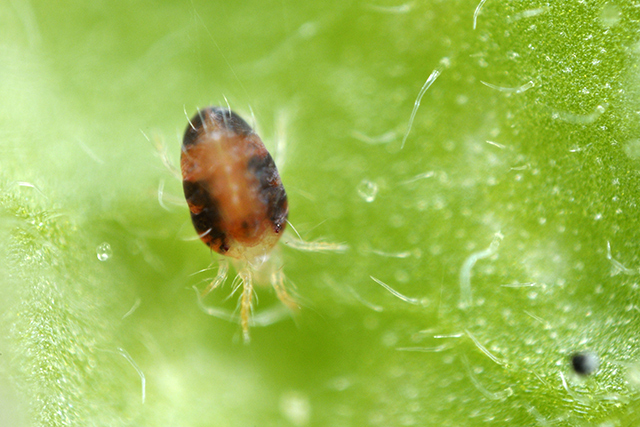Woodchip mulch effectively controls weeds, promotes yields in organic farming
04/17/2018 / By Ralph Flores

German researchers have found that woodchip mulching is able to prevent weed growths, depending on the condition. The results of their study, published in the Agronomy Journal of the American Society of Agronomy, demonstrated that woodchip mulching in field conditions can effectively suppress weeds without any negative outcome on yield.
- Researchers used a 16-year field trial with a typical organic crop rotation to test whether hedgerow woody waste is useful in controlling weeds.
- The trial, held in southwest Germany, used three rates of woodchip mulching (WCM) and included crops usually found in the region such as winter cereal, fodder crops, and legumes.
- To produce the woodchips, the team used hedgerow cuttings on the farm. These were applied to the field in varying amounts: the control did not receive any woodchips, while two plots received 80 cubic meters per hectare (labeled WCM80) and 160 cubic meters per hectare (labeled WCM160), respectively.
- Data regarding weed infestation, weed density during spring, weed biomass during harvest, and weed seed bank was measured during those years. In addition, crop yields, soil temperature, and nitrogen content were also measured each year.
- The results showed that WCM160 significantly reduced weed density compared to the control group and WCM 80. Moreover, the relative weed density of the plots with woodchips was nine percent lower than that of the control. There also was no difference in the crop yield between cereals and the faba bean (Vicia faba L.) during treatment.
The findings revealed that WCM applications, in specific amounts, could be an effective tool in weed control in an organic farm without any loss in crop yield.
Journal Reference:
Xu J, Gauder M, Zikeli S, Möhring J, Gruber S, Claupein W. EFFECTS OF 16-YEAR WOODCHIP MULCHING ON WEEDS AND YIELD IN ORGANIC FARMING. Agronomy Journal. 2017;110(1):359–368. DOI: 10.2134/agronj2017.04.0242
Tagged Under: adverse outcomes on yield, crop yield, field conditions, fodder crops, hedgerow cuttings, hedgerow woody waste, legumes, nitrogen content, organic crop rotation, organic farm, soil temperature, WCM, weed biomass, weed density, weed growth, weed infestation, weed seed bank, winter cereal, woodchip mulching, woodchips




















